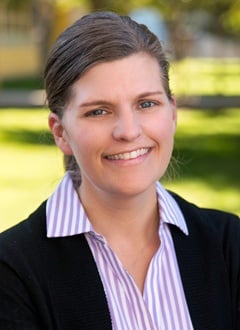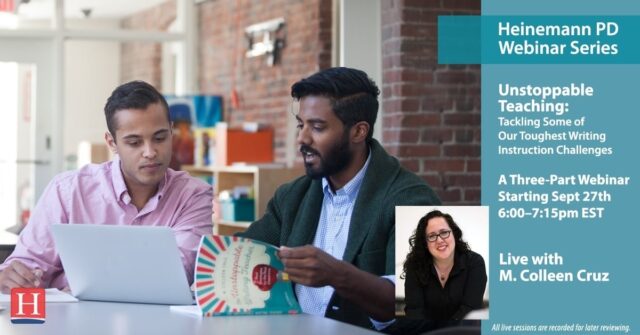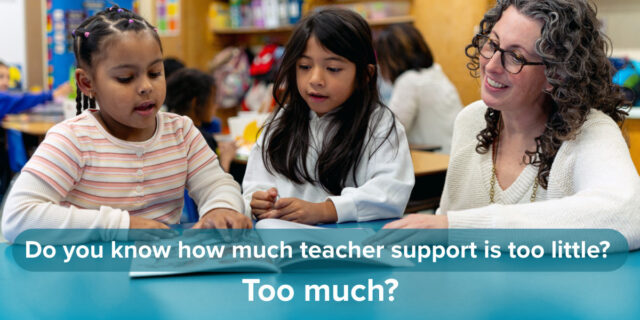Jen Munson is a postdoctoral fellow in learning sciences at Northwestern University, a former classroom teacher, and a professional developer who works with teachers and school leaders across the U.S. to develop responsive, equitable mathematics instruction. She is coauthor of the Mindset Mathematics curriculum series.




